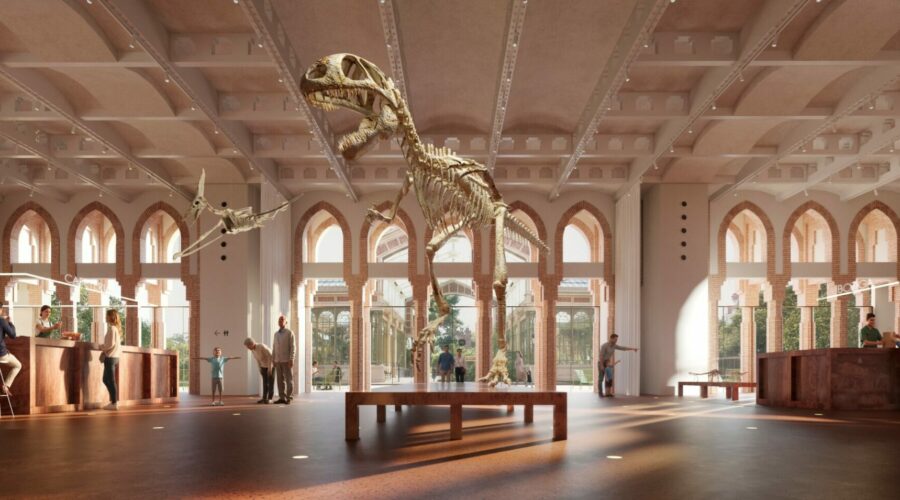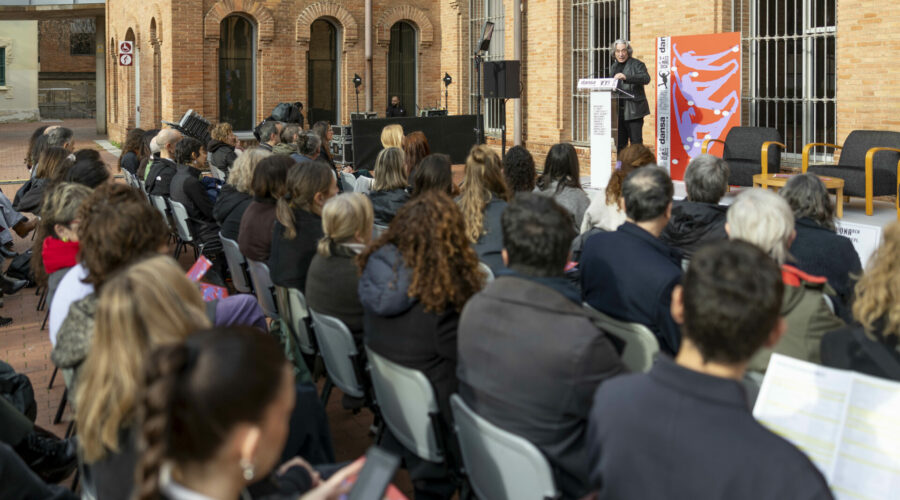
In response to growing concern over pigeon overpopulation in the city, the Barcelona City Council has launched a pilot project involving the use of birds of prey as a strategy to rapidly disperse settlements of these unwanted birds.
This innovative approach, which will be implemented around Camp Nou and other specific locations, aims to effectively address the uncontrolled growth of pigeon colonies.
The pilot plan also includes the collection of data on the pigeons, such as their feeding and roosting habits, to better understand their behavior and improve population control strategies in the future.
If the results of this initiative are positive, similar measures may be implemented in other districts of the city.
Measures to control overpopulation of pigeons
The pilot project, which will initially last six weeks, focuses on three key aspects to control and reduce the pigeon population in specific areas of the city.
First, the aim is to reduce and eliminate the food provided by people to the pigeons, as this contributes significantly to their reproduction and growth.
Second, strategies to reduce pigeon fertility, such as the provision of contraceptive feed, will be implemented. And thirdly, structures that facilitate the roosting or nesting of pigeons will be limited, reduced and eliminated by installing deterrents.
Birds of prey as a novel measure
However, the most striking and novel measure within this pilot project is the use of birds of prey, specifically a hawk and three eagles, to remove pigeon settlements from identified problem areas.
Under the supervision of specialized falconry technicians, daily flights of birds of prey will be carried out during the first two weeks of the project, between 8 a.m. and 4 p.m., with the objective of scaring the pigeons and making them leave the affected areas.
Subsequently, over the next four weeks, flights will be reduced to three times a week to ensure that the pigeon colonies are effectively dispersed.
It is important to note that the purpose of these raptor flights is not hunting, but simply to scare the pigeons away from the affected areas. If the results of this pilot project are positive, there is the possibility of implementing similar measures in other districts of the city in the future.
Barcelona City Council’s initiative reflects an innovative and proactive approach to tackling a problem that affects many cities around the world.
The objective is to seek effective and sustainable solutions to improve the quality of life of citizens.



